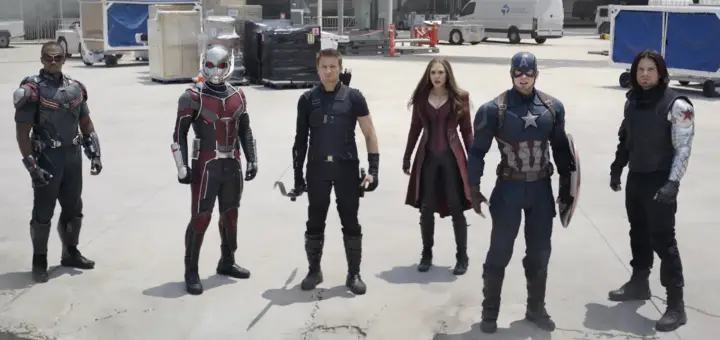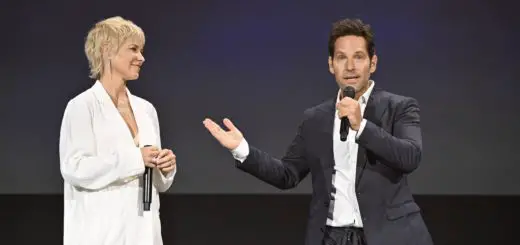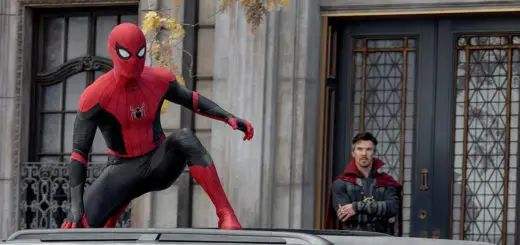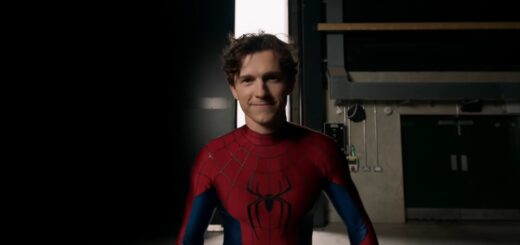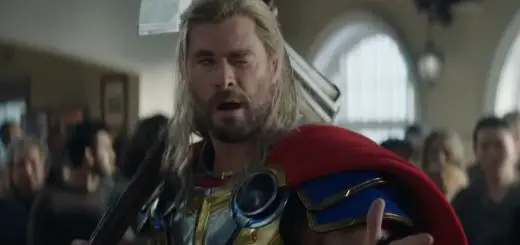MarvelBlog Retro Review: ‘Captain America: Civil War’
From 2015 through 2018, Marvel chose not to release an Avengers movie.
Kevin Feige and his team wanted to tell the story of how Thanos would rise to power without much superhero pushback.
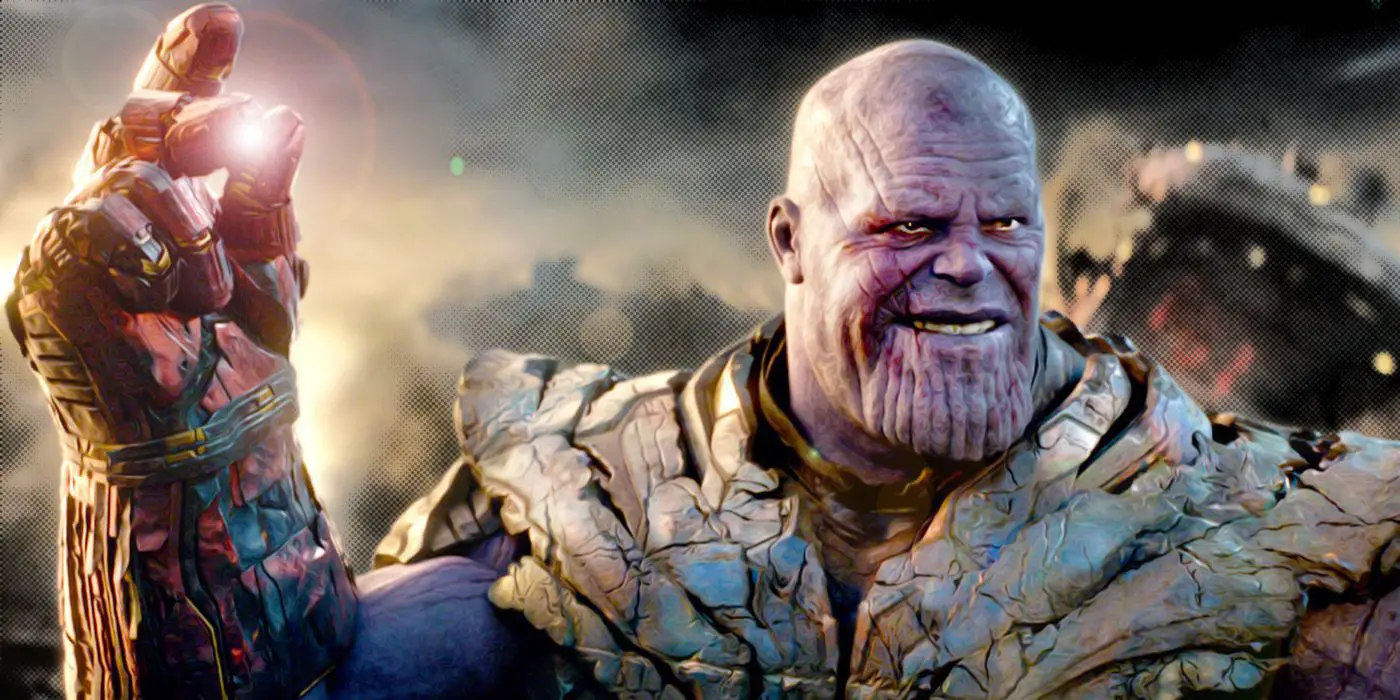
Photo: Screenrant.com
To achieve that goal, the Avengers couldn’t team up against any other supervillains.
Instead, the heroes fought amongst themselves in one of the most measured and well-considered MCU titles to date.
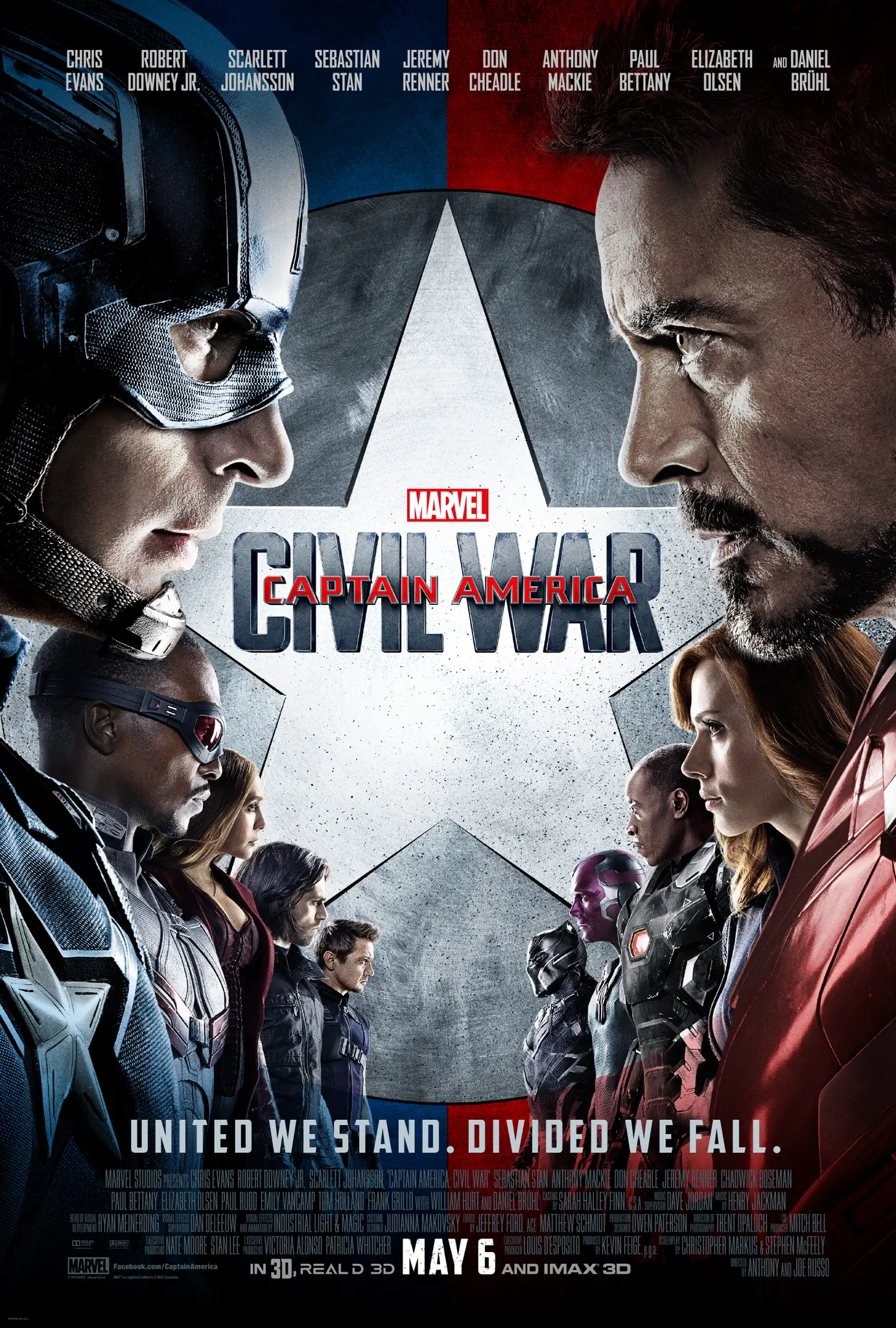
Photo: Marvel Studios
Here’s a retro review of Captain America: Civil War, the first Marvel movie where the villain wins in the end.
The Setup
In 2006, Marvel tried something ambitious when it turned all its superheroes against one another.
A divisive law forced the Avengers (and everyone else) to choose whether to accept the Superhero Registration Act or rail against it.
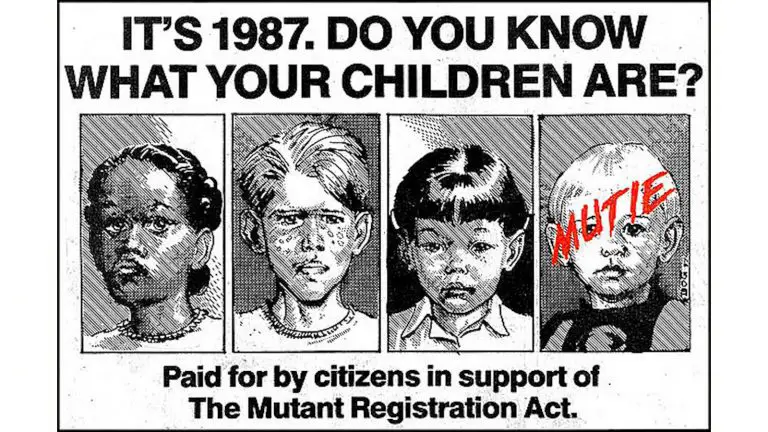
Photo: Marvel
Captain America and Iron Man found themselves on opposite sides of the ideological debate, with Spider-Man flipping from one belief to the other.
With Captain America: Civil War, the Russo Brothers adopted a similar philosophy.
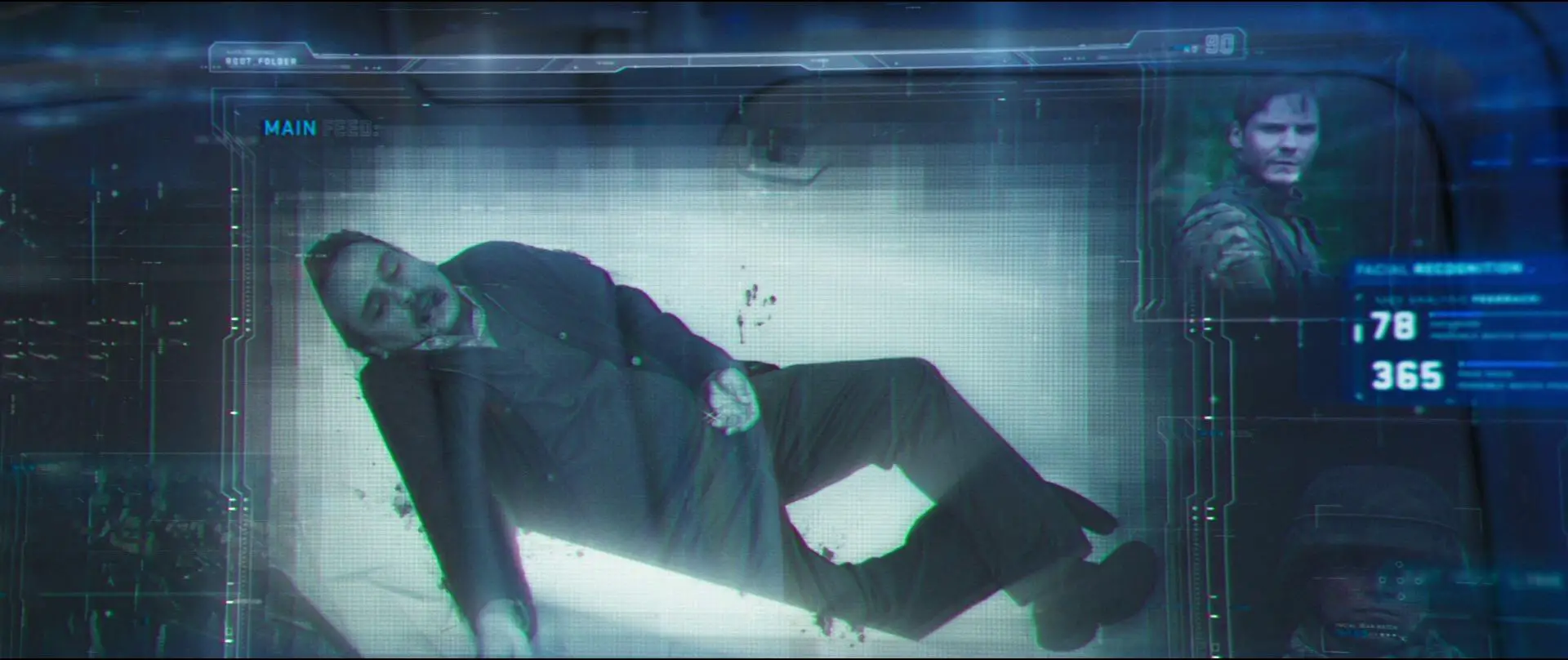
Joe Russo in Captain America: Civil War. Photo: Marvel Studios
During the first act, an overpowered superhero’s well-intended actions lead to the death of countless innocents, just as in the comics.
The difference this time is that Wanda Maximoff commits the, well, war crime.
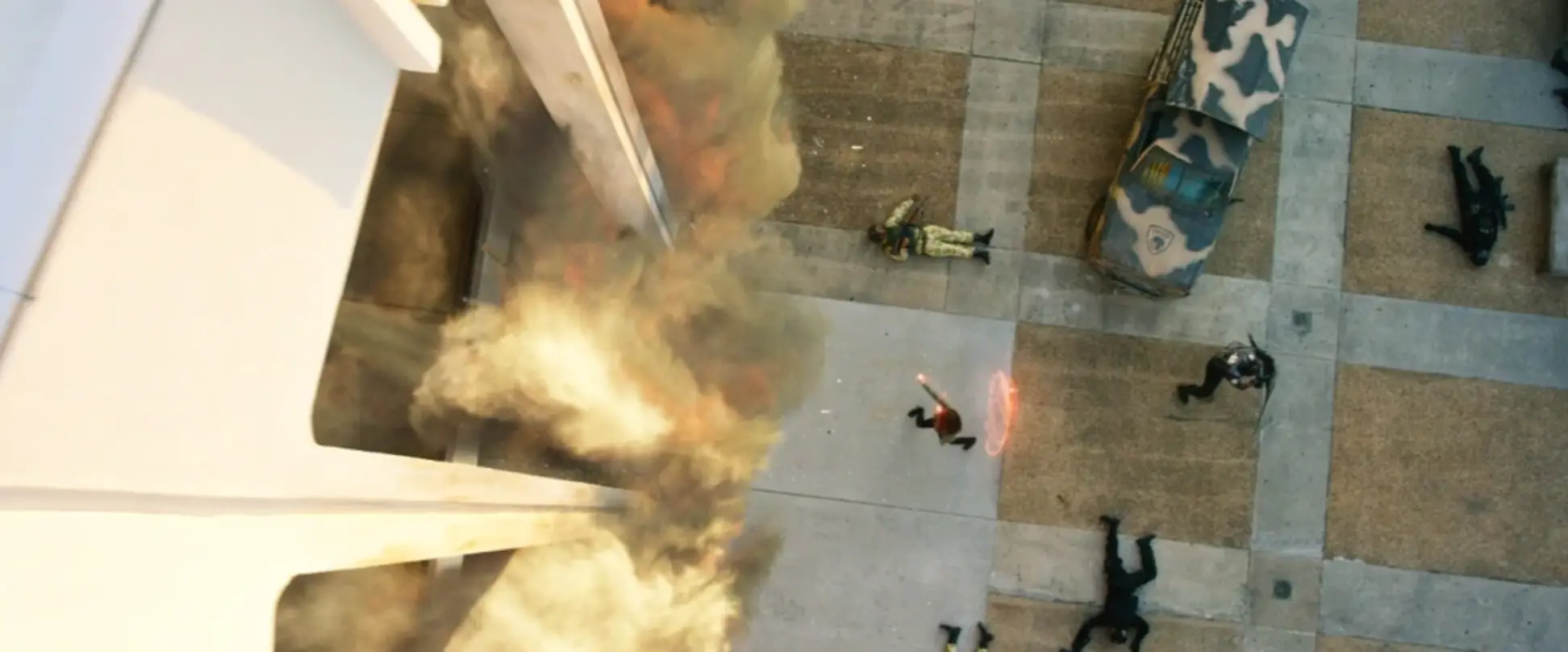
Photo: Marvel Studios
Afterward, Stark utilizes his influence to make the problem go away by agreeing to the Sokovia Accords.
Under this new plan, the Avengers would operate under a United Nations team to ensure that some governmental authority remains oversight over them.
Simultaneously, Bucky Barnes, the best friend of Steve Rogers, grapples with lingering issues from his time as the Winter Soldier.
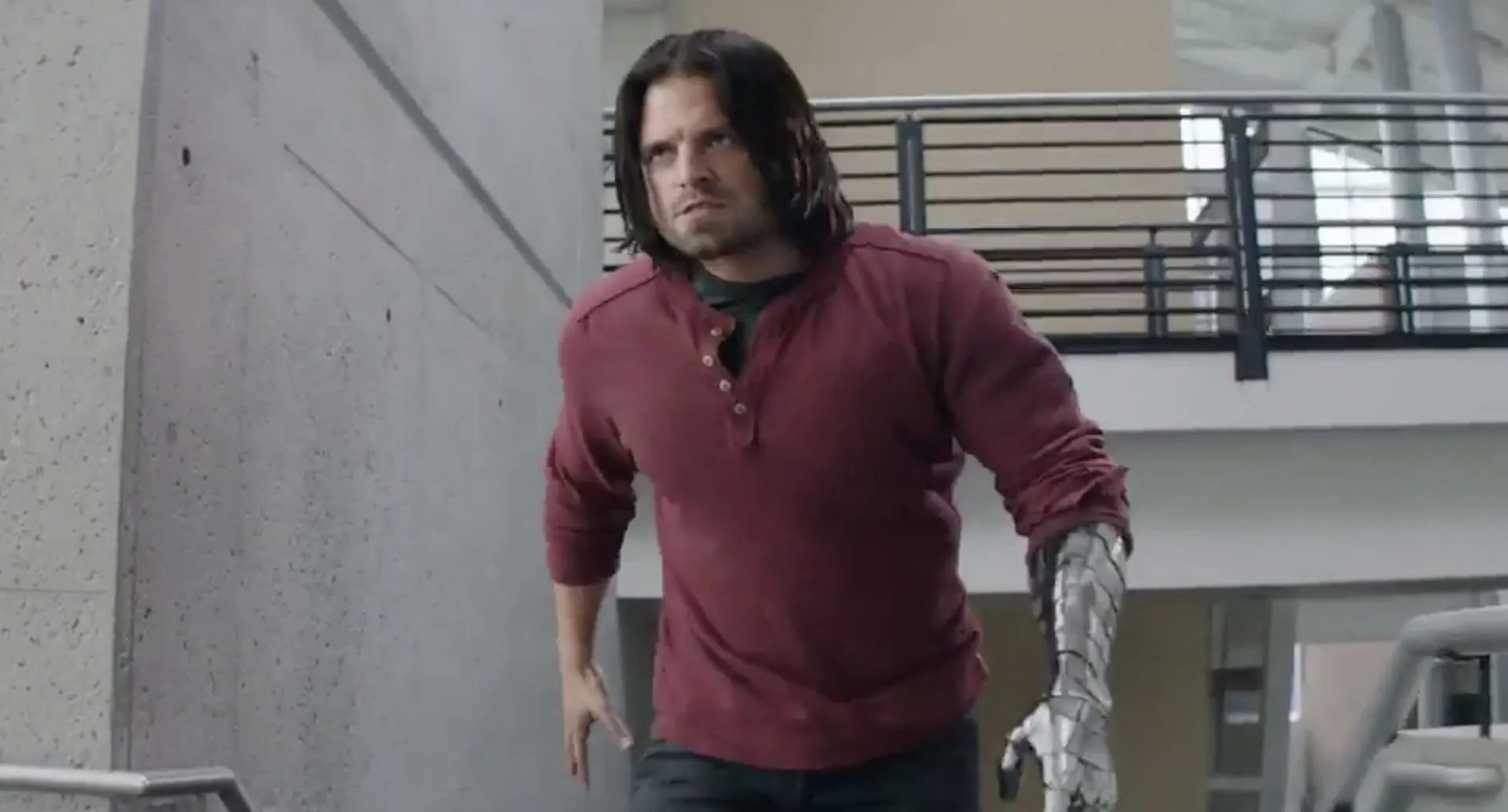
Photo: Marvel Studios
Barnes could remember the details of many of his atrocities, including the murder of an innocent couple.
Even on opening night in 2016, I saw this one coming a mile away.
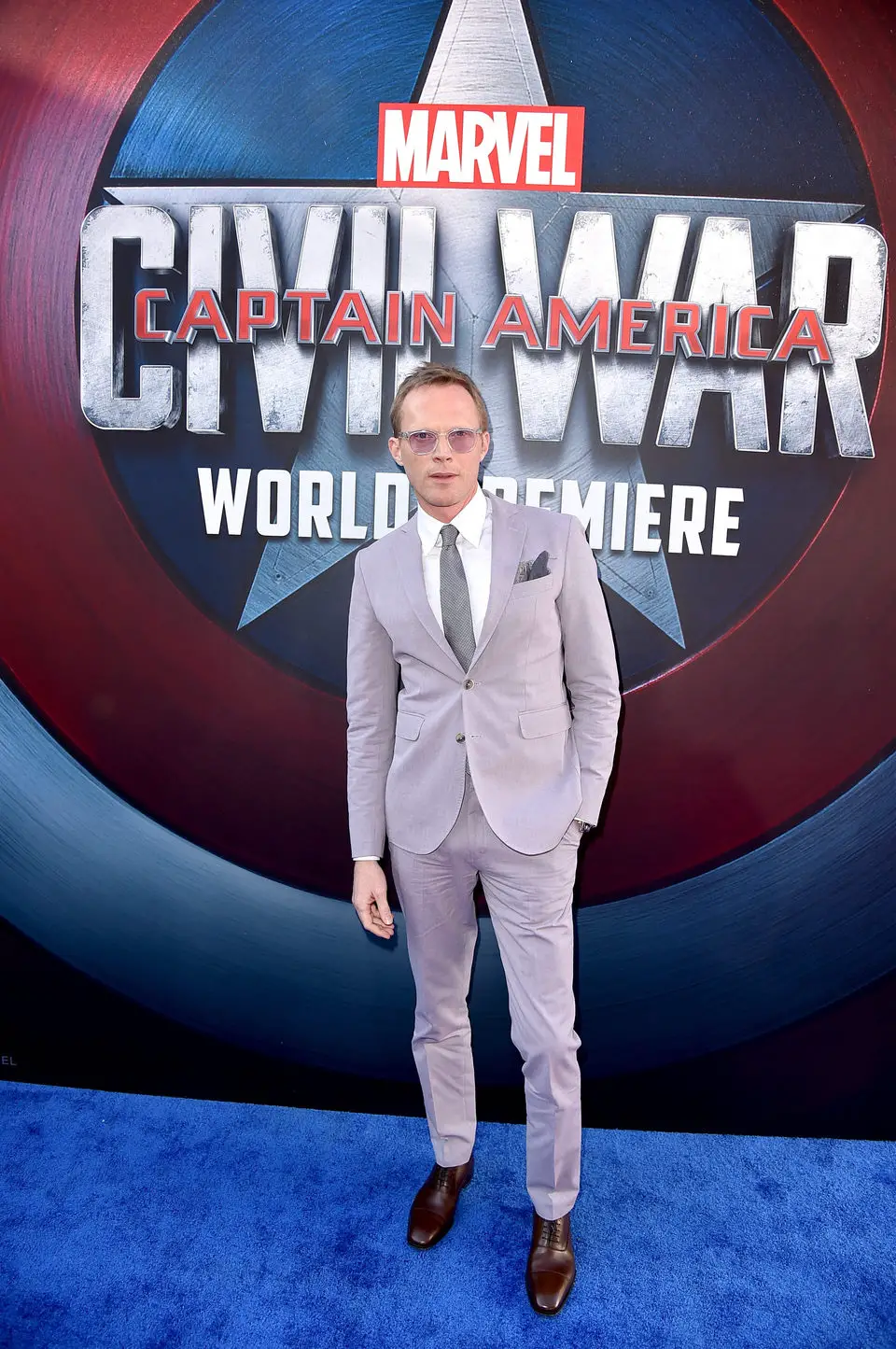
Photo: UniVision
Creating a philosophical rift between Tony Stark and Steve Rogers would require more than the Sokovia Accords. Something unforgivable must occur.
The entirety of Civil War plays out as an excruciatingly methodical divorce that ends with emphatic finality.
That Old Quote Applies…
“To have a good enemy, choose a friend; he knows where to strike.”
This 600-year-old quote comes from Diane de Poitiers, King Henry II’s royal mistress. It also functions as the mission statement for Civil War.
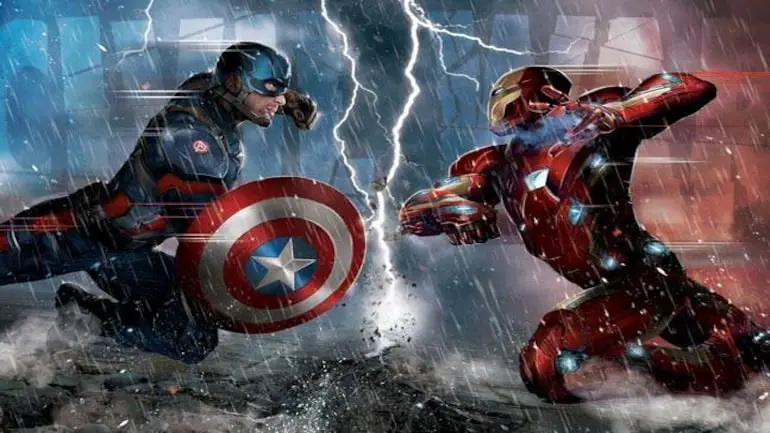
Photo: Marvel Studios
Since the inception of comics, fans have pleaded for legitimate battles between superheroes.
This film brings fan fiction to life at an airport, the streets of Bucharest, and a HYDRA facility in Siberia.
Throughout all the battles, one concept towers above the rest. The only legitimate threat to an Avenger is another Avenger. Friends know where to strike.
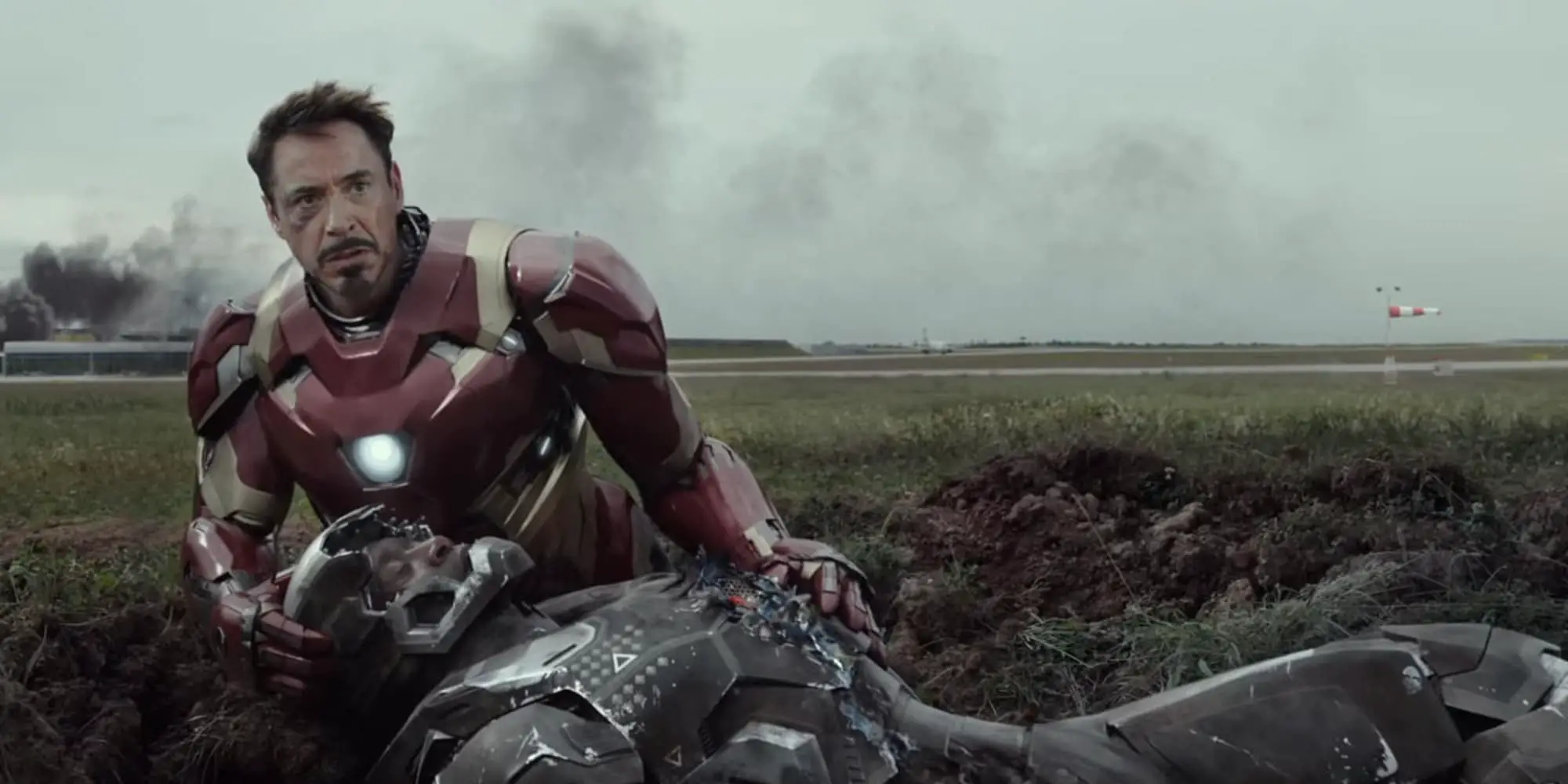
Photo: Marvel Studios
Remarkably, a single unpowered individual orchestrates the implosion of the superhero team that has saved the planet twice already.
Baron Helmut Zero, a member of the Sokovian royal family, lost his family during that war crime Wanda committed.
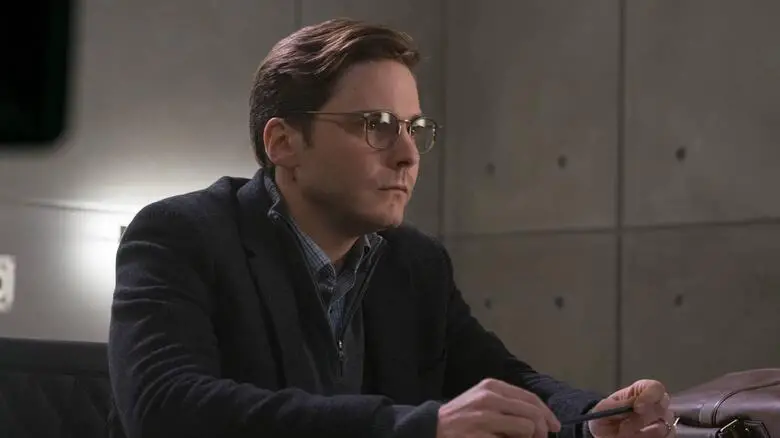
Photo: Marvel
His motivation in this movie remains pure. He’s out for revenge, and he’s oddly qualified to get it.
Zero possesses a mastermind-level intellect and enough information about HYDRA to know of the Winter Soldier.
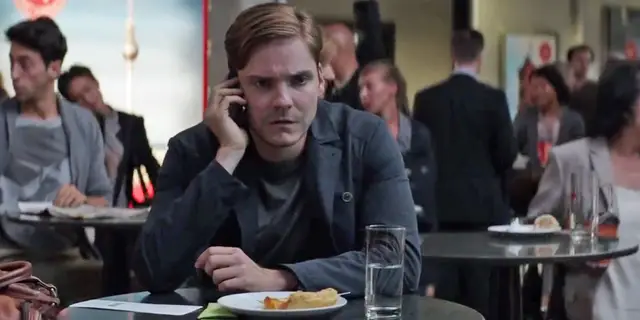
Photo: Marvel Studios
The Baron locates the trigger words that remove Bucky Barnes’ will and turn him into a mindless assassin.
In the process, Zemo unearths the perfect strategy to cause a schism between Rogers and Stark.
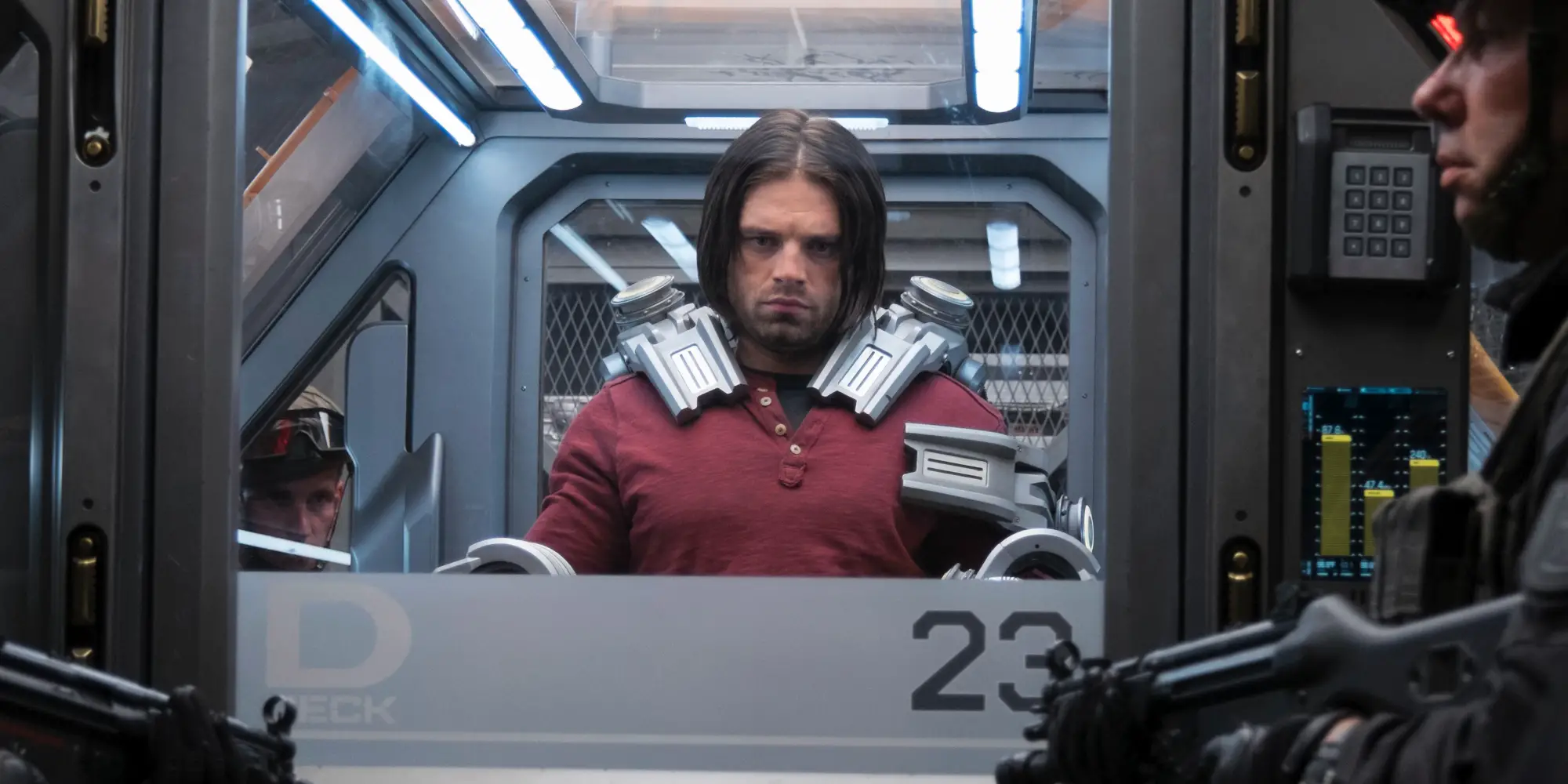
Photo: Marvel Studios
One Avenger would never abandon his oldest friend. The other superhero lets few people in and cannot accept that the person he respects the most sides against him.
Zemo’s Plan
To this day, I don’t believe people fully appreciate the brilliance of Daniel Brühl in this role.
The actor did receive more attention for his return engagement in The Falcon and the Winter Soldier, but it’s still not enough.
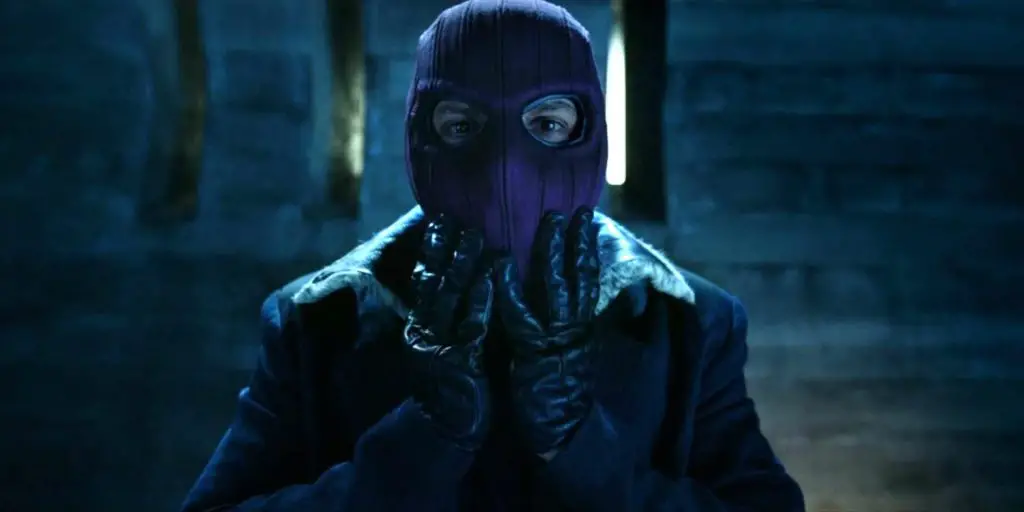
Zemo in The Falcon and the Winter Soldier. Photo: Marvel
Brühl’s Zemo demonstrates the kind of focus and single-minded vision someone would need to undo the Avengers.
Like the best villains, he has a code, though. Innocents need not be involved.
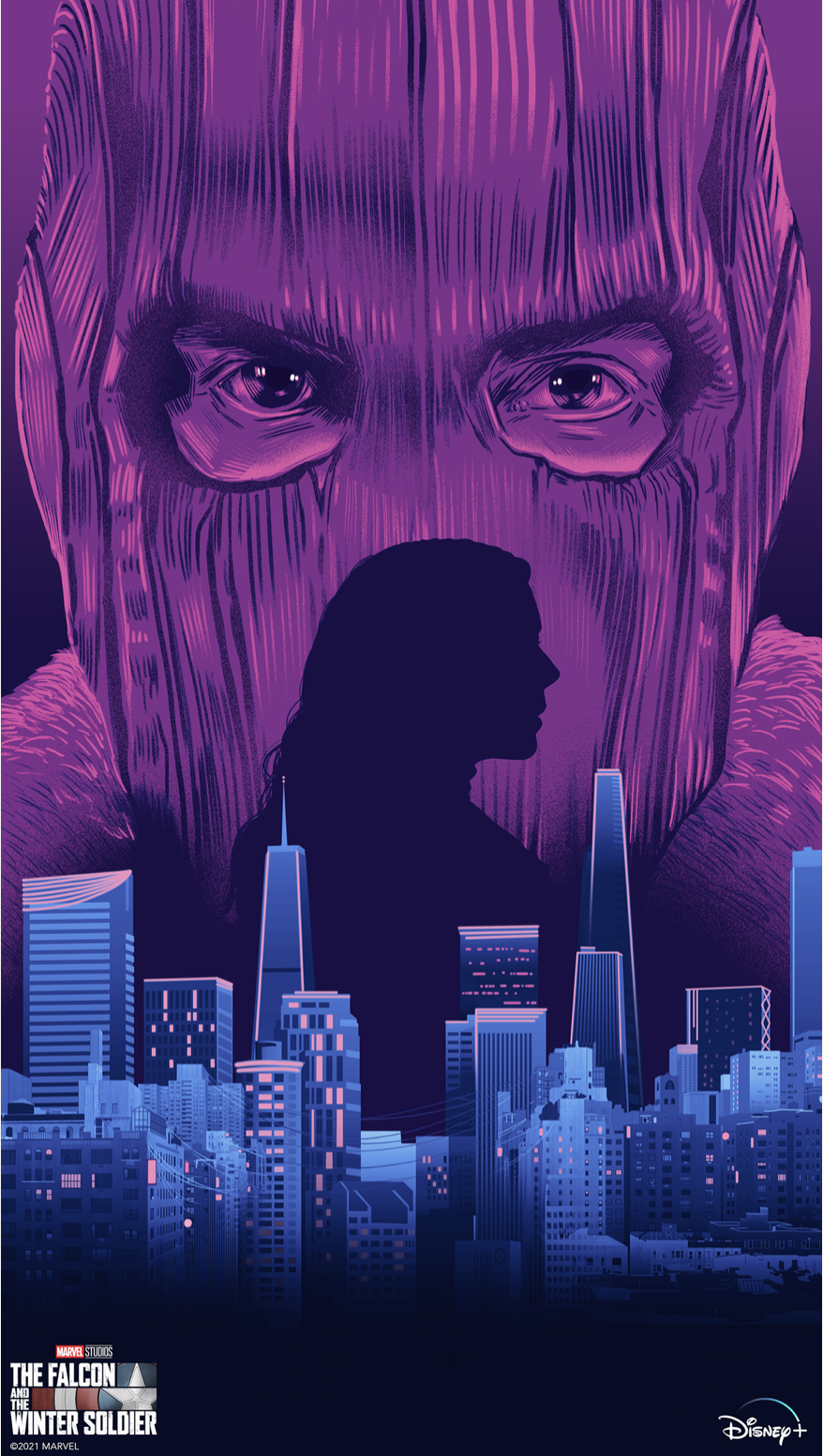
Episodic poster featuring Baron Zemo, which was used as free wallpaper downloads, art by Doaly, Aracely Munoz. Photo: Poster Posse
An uncomfortable scene demonstrates this when he answers the door for room service. The camera cuts to reveal a doomsday weapon in the background.
This entire sequence is eerily similar to something that happened in real life a few years later.
Zemo pushes the buttons that exploit the flaws in the relationships, most significantly leading to a reveal about one of the Winter Soldier’s victims.
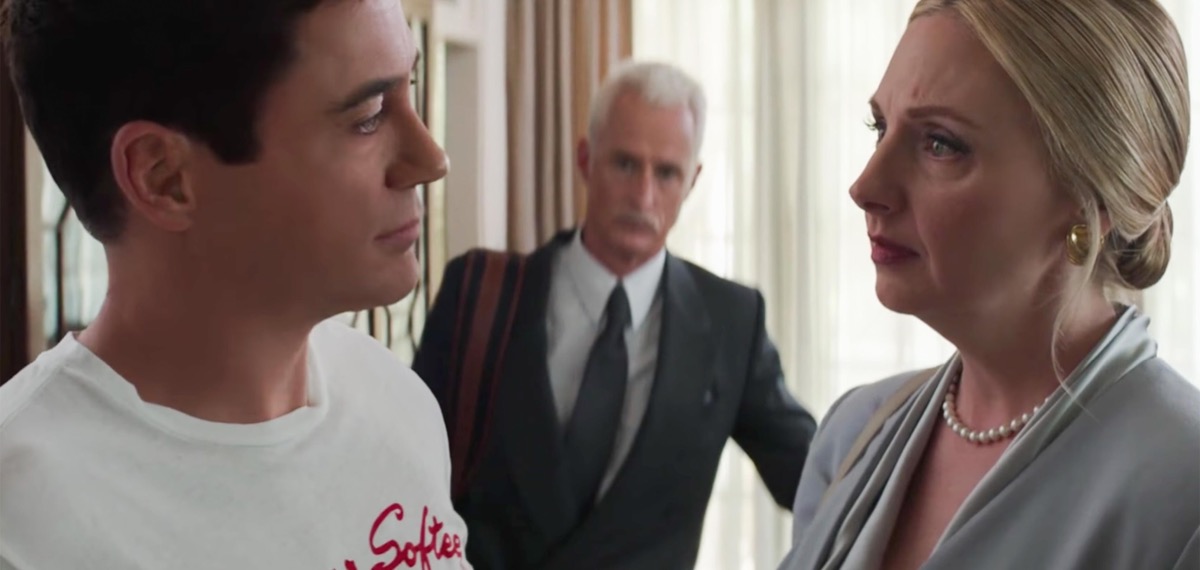
Photo: Marvel Studios
Later in the film, he reigns victorious and is ready to leave the mortal coil. Someone doesn’t let him, a decision that should provide salvation to the MCU.
We need Daniel Brühl in as many movies as possible. He even bested Chadwick Boseman in this film, something I don’t say often.
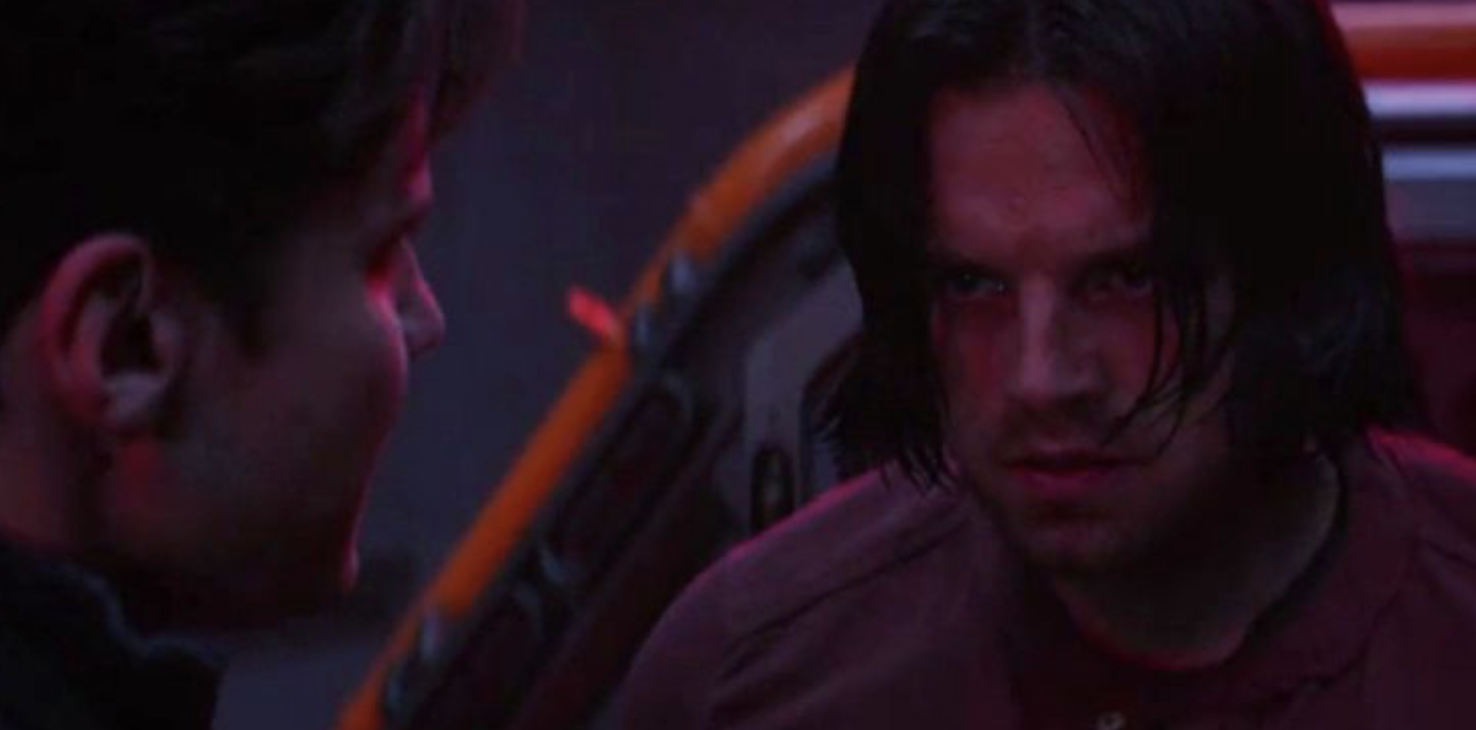
Photo: Marvel Studios
Boseman debuts as a man whose family has suffered a similar disruption due to collateral damage.
As T’Challa, the Black Panther, Boseman was only getting started here, but he already oozed with ferocity and dignity, his hallmarks as a performer.
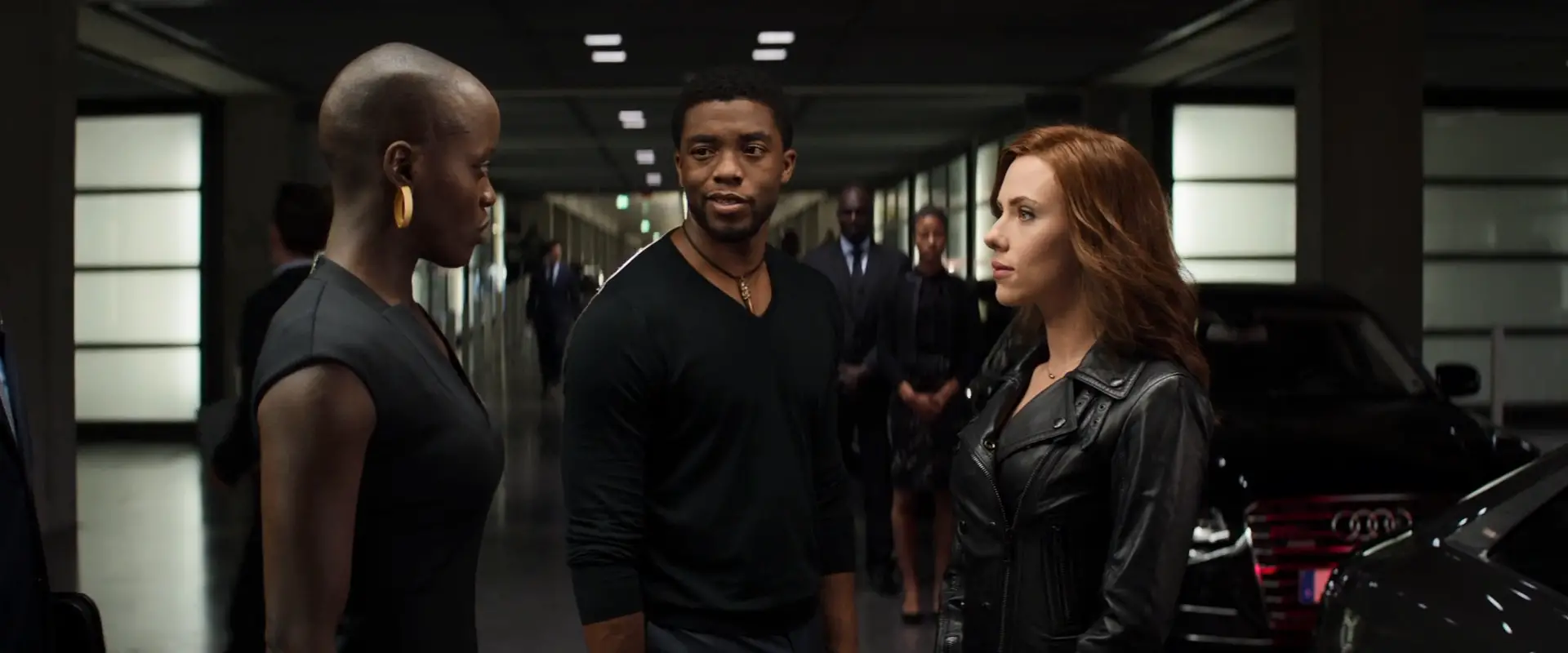
Photo: Marvel Comics
I regret that we’ll never have an encounter between Boseman’s T’Challa and Brühl’s Zemo. An entire film pitting them against each other would have been magical.
The High Points of Civil War
During my latest rewatch, what stands out is how many high points this movie delivers.
I’m not even factoring the two massive action sequences into the equation here.
Instead, little moments like Peggy Carter’s funeral and the mirrored words of condolence between Black Widow and Black Panther linger in my mind.
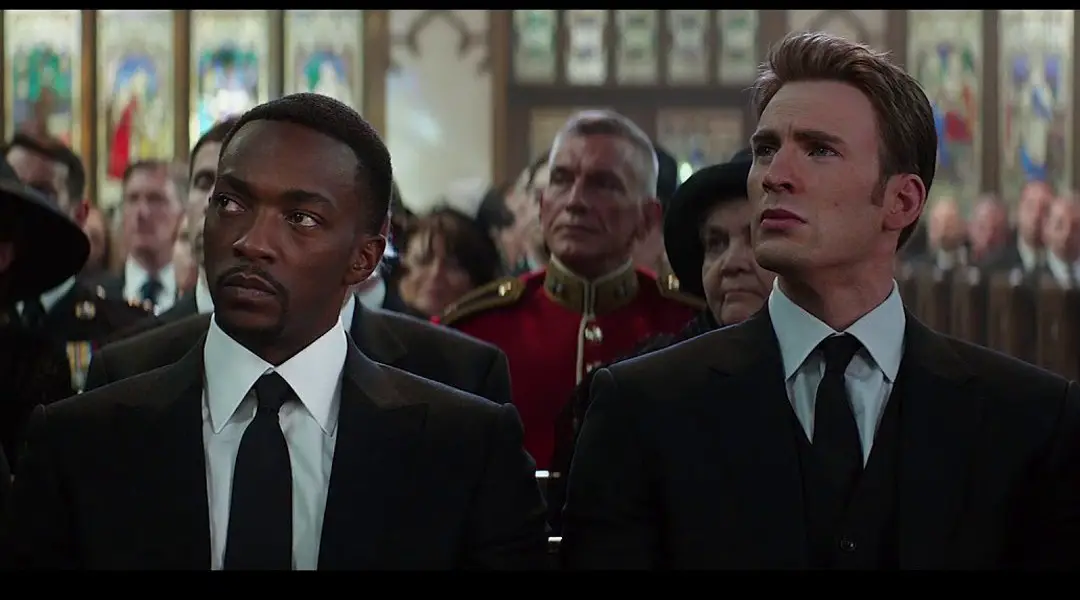
Sam Wilson and Steve Rogers at Peggy Carter’s funeral. Photo: Marvel Studios
The film overflows with comedy, too. Who doesn’t bust up at Bucky Barnes and Sam Wilson bickering while cheering on their friend’s make-out session?
Spider-Man’s indoctrination into major battles is similarly entertaining, straight down to the pearl of wisdom that there’s usually not this much talking.
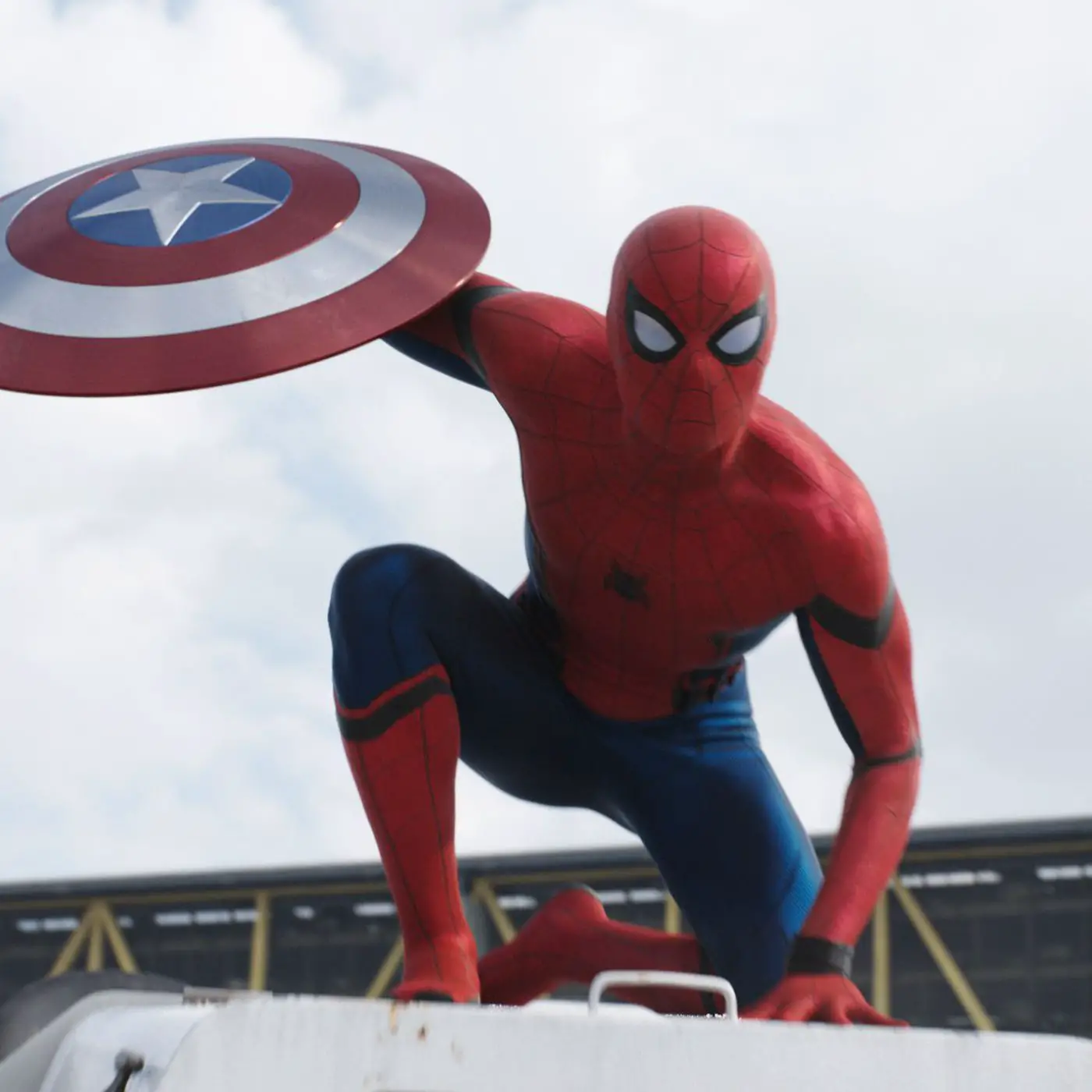
Photo: Marvel
When Peter Parker references a 1980s movie as really old, it also cuts to the quick for an entire generation of Marvel fans.
All along the way, the loyalty Rogers demonstrates to Barnes comes across as inspirational.
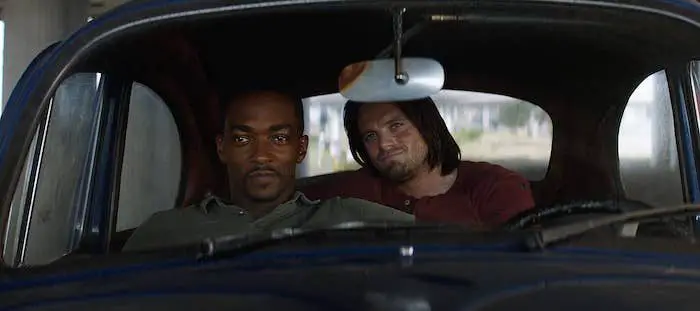
Photo: Marvel
Just this morning, a friend of mine offered to take the subway several stops to drive another friend to a medical appointment.
I’m lucky enough to have friends this innately noble, and the story resonates with me when I watch such elements.
In this one movie, the Russos have mastered the following arts: flirtation, male/female platonic friendship, male/male bonding, early-stage romance, and betrayal.
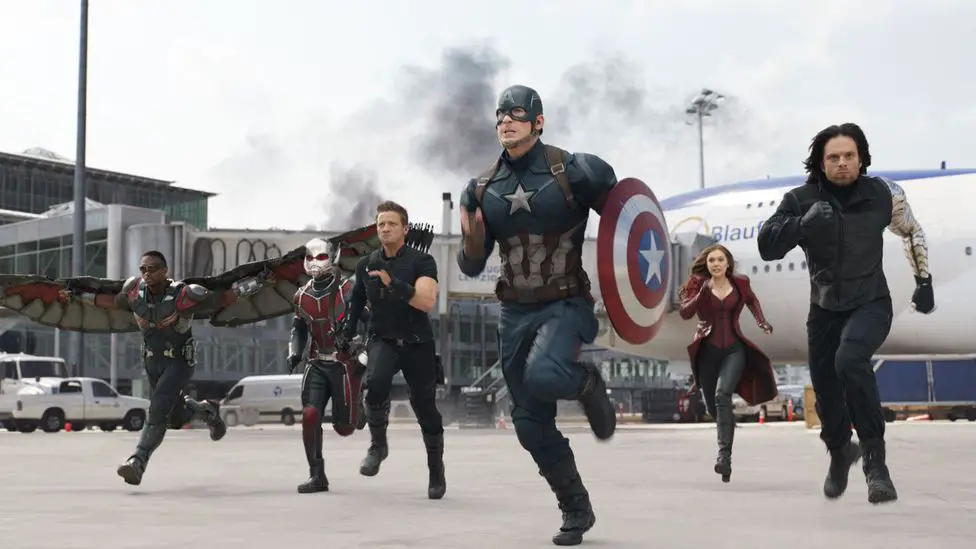
Photo: Marvel Studios
Somehow, Steve Rogers finds himself in that high school-esque situation where he must take sides between two friends.
The one he doesn’t pick feels abandoned and unleashes an all-out assault in turn.
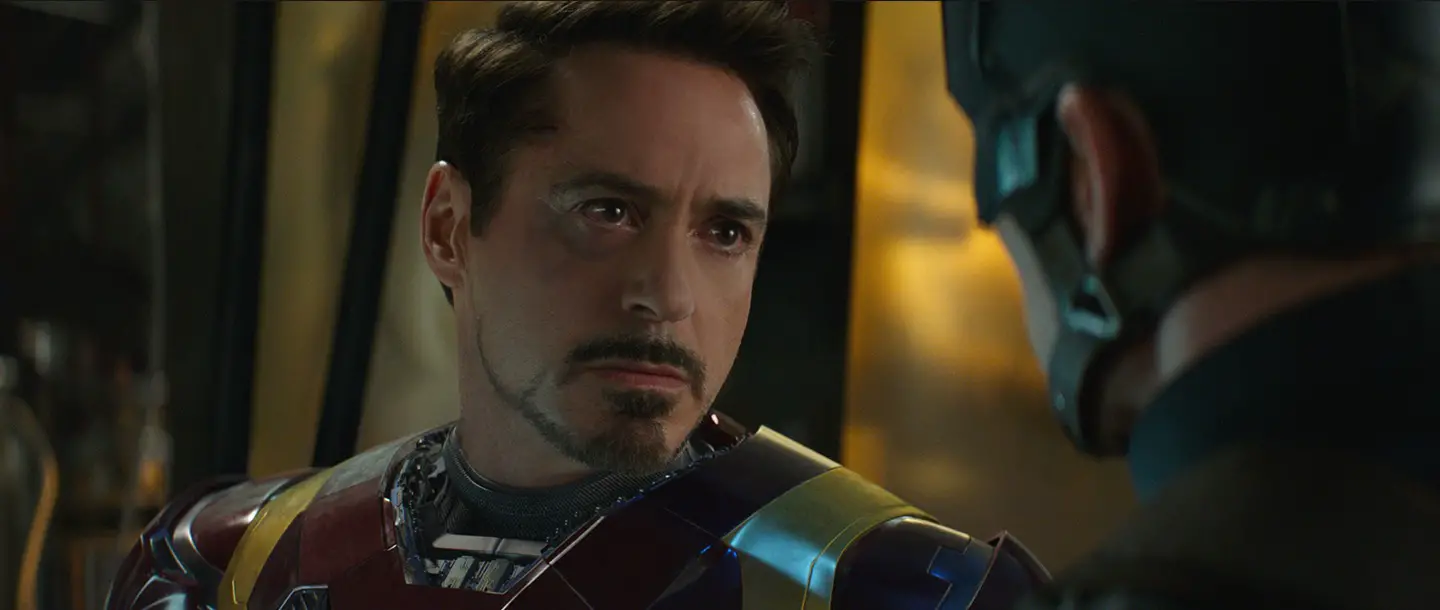
Photo: Method Studios
All the while, he (correctly) argues his side, knowing full well that his too-noble friend has made his choice.
Civil War doesn’t get enough credit for how Shakespearean it is.
Final Thoughts
My movie site selected the airport battle as the Best Scene of that year. As I recall, it wasn’t even close, either.
I haven’t mentioned that or Tony Stark hitting on Aunt May or quickly deducing the location of Peter Parker’s costume.
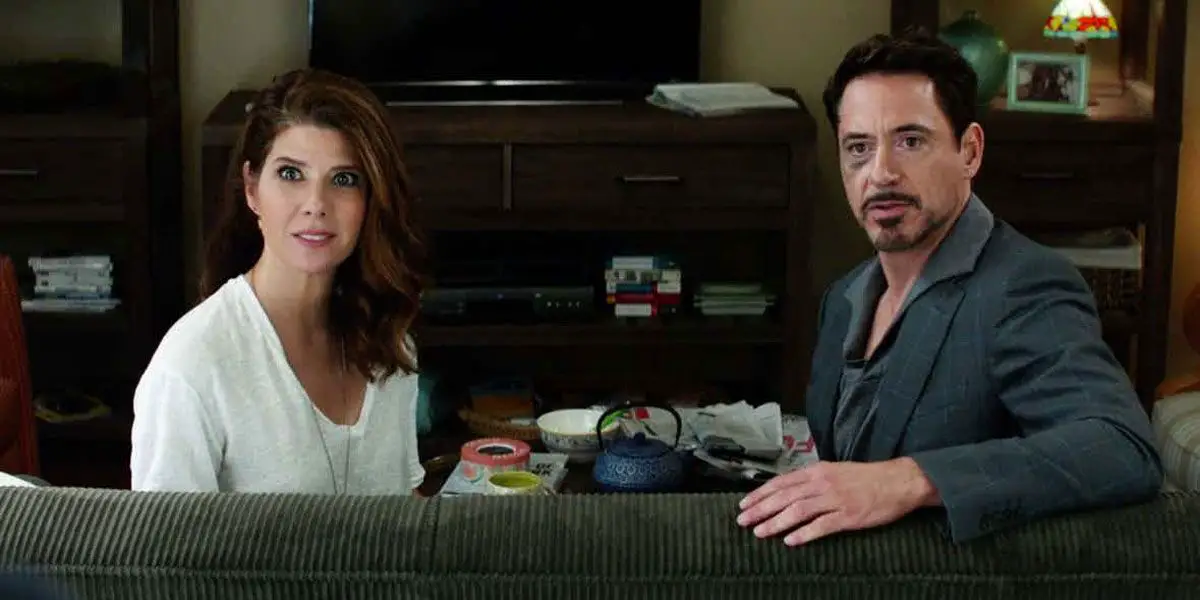
Photo: Marvel Studios
At no point have I discussed the savage battle between Iron Man, the Winter Soldier, and Captain America that finishes with all three heroes defeated in their own ways.
I’ve left out the touching interactions between Natasha Romanoff and Rogers, both of whom are heading down the wrong path and about to enter one another’s crosshairs.
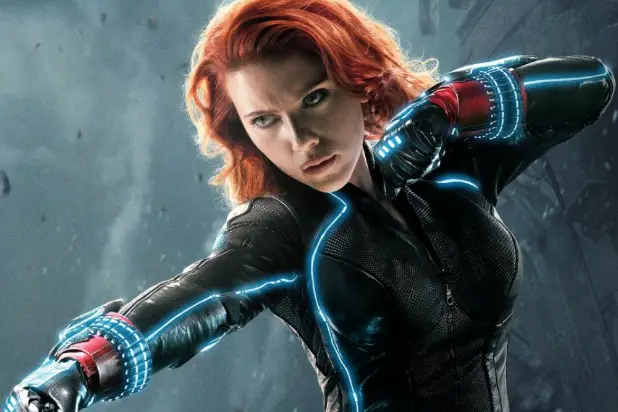
Photo: Marvel Studios
The immediate connection between Parker and Rogers, kindred spirits born a century apart, also hasn’t come up yet.
I even skipped the part about Ant-Man turning into…something different.
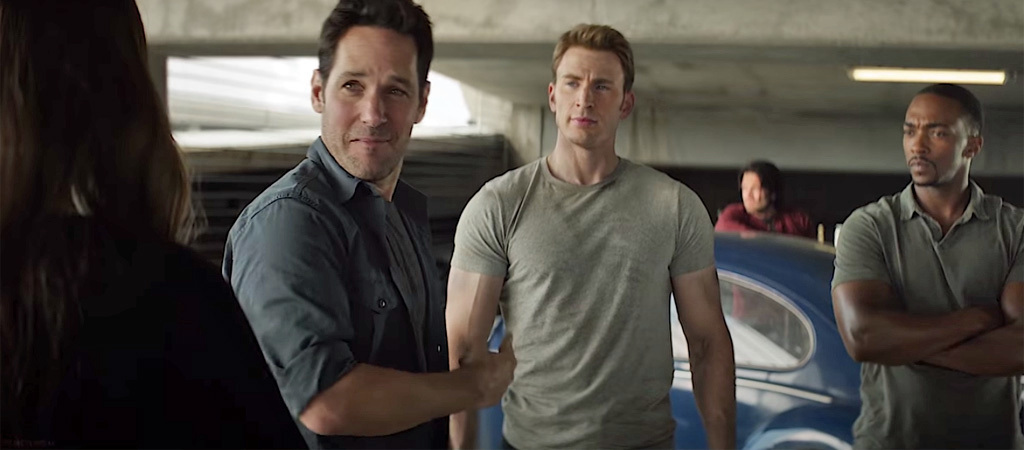
Photo: Uproxx
Deciding what to praise in Civil War is a chore in and of itself, albeit a gloriously entertaining exercise.
The irrefutable truth here is that Captain America: Civil War surpasses Avengers: Age of Ultron across the board. It’s the true Avengers sequel.
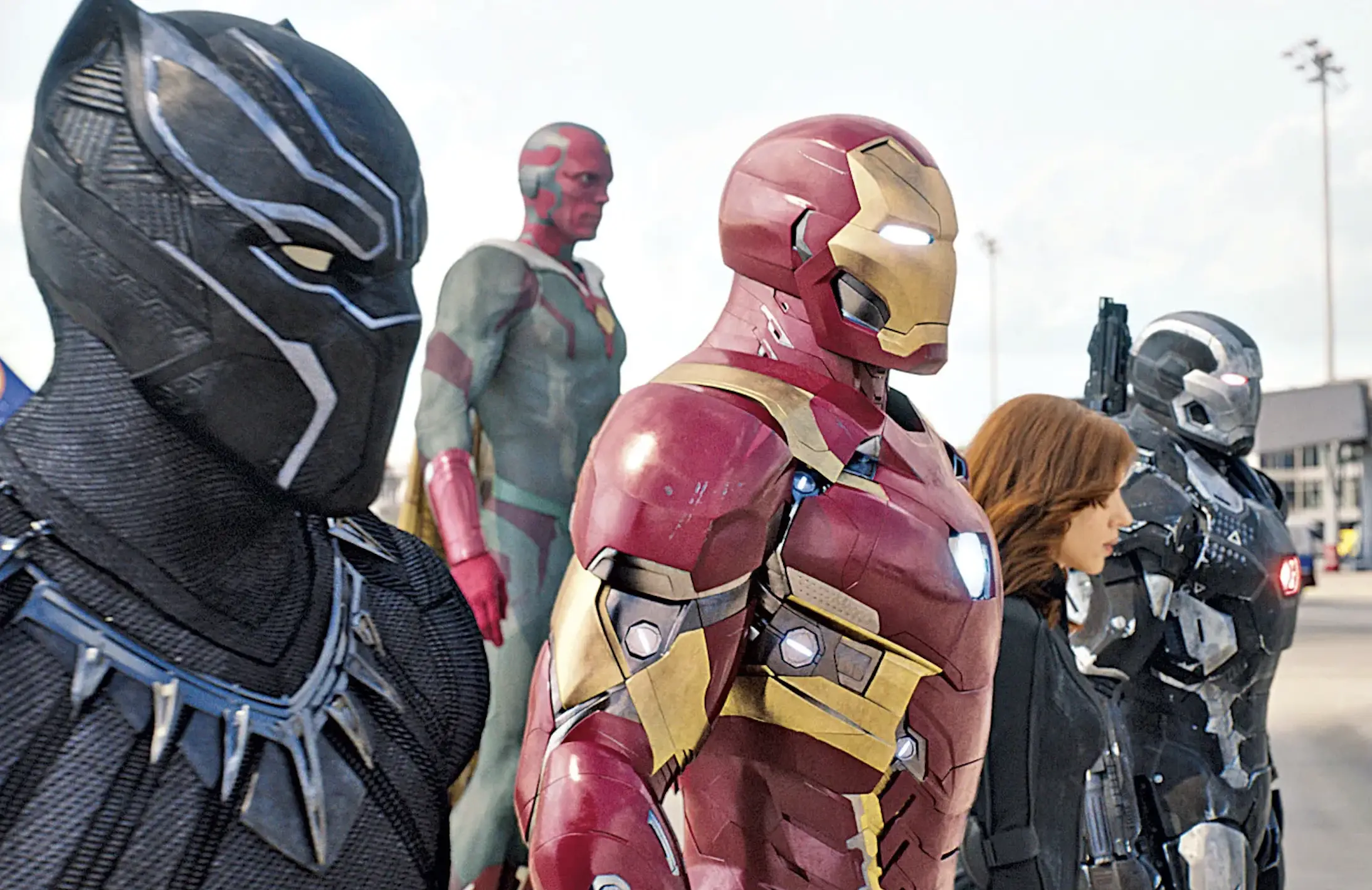
Photo: Marvel Studios
Giving this film an A+ almost undersells its greatness. It stands as one of the best 10 movies of the past five years.


